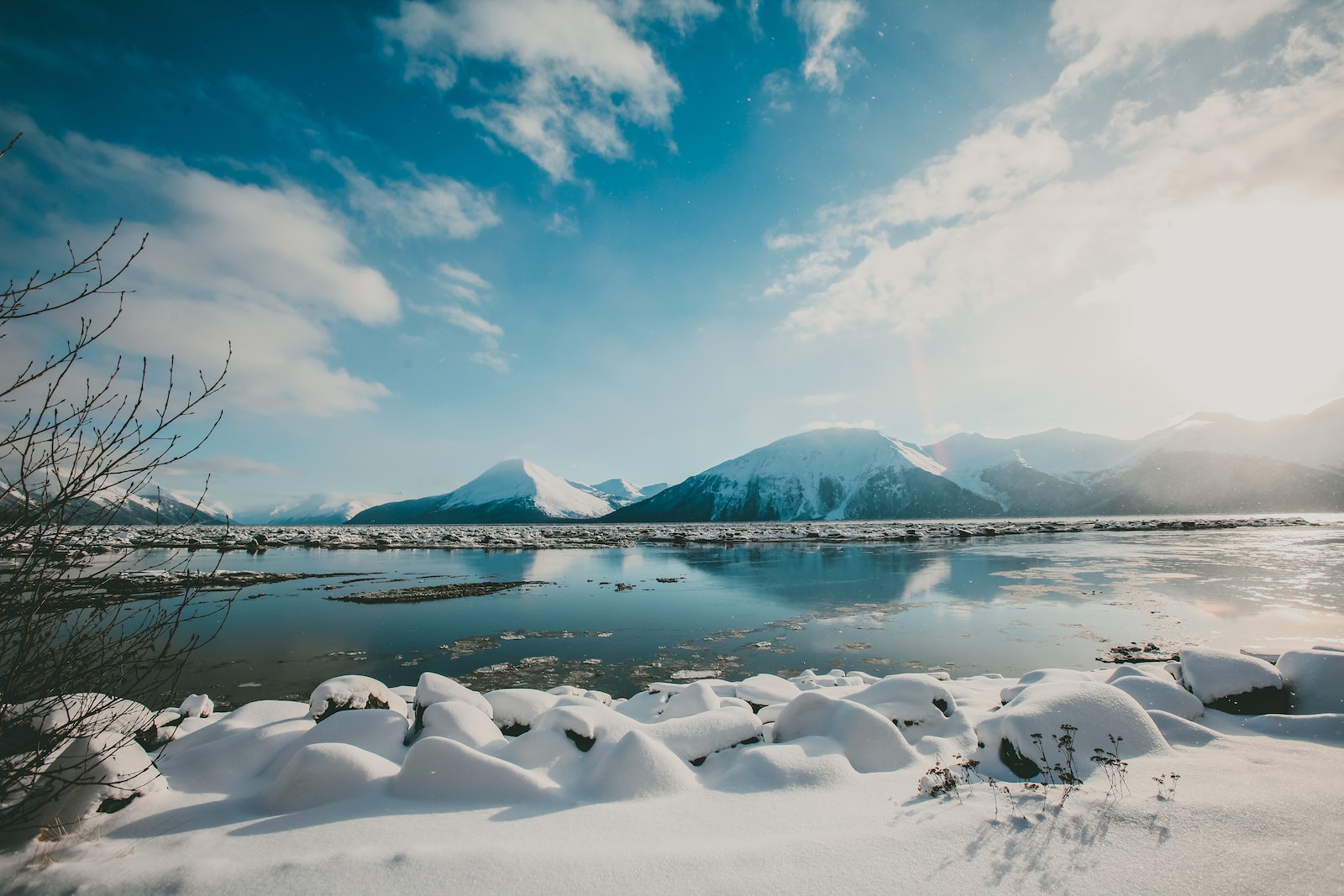Table of Contents
ToggleThe Deluge of Water: Juneau’s Devastating Flooding
In a shocking turn of events, Juneau, Alaska, experienced severe flooding due to a torrent of water released from the Mendenhall Glacier. This natural disaster has caused significant destruction, prompted local officials to declare a state of emergency, and raised concerns about the effects of climate change. Let’s delve into the details and understand the magnitude of the situation.
Destruction and Urgency: Fallout from the Floods
The flooding caused by the Mendenhall Glacier runoff wreaked havoc on Juneau, resulting in the complete collapse of two buildings and the erosion of riverbanks. Furthermore, three wastewater pumping stations were submerged, and multiple fuel tanks were swept away. Local officials have condemned eight buildings that suffered damage. Despite the scale of destruction, no casualties or injuries have been reported, offering a glimmer of relief amidst the crisis.
Climate Change and Glacier Melting: A Looming Threat
The alarming frequency of glacial outbursts in Juneau signifies a broader concern: the impact of climate change. Over the past decade, the Mendenhall Glacier has been steadily thinning, contributing to the annual occurrence of torrential water releases known as jokulhlaups. These events pose a threat to homes and properties along the Mendenhall River, exacerbating the risks faced by the local community.
Melting Glaciers and Global Consequences
The melting of glaciers is not unique to Alaska; it is a global phenomenon with far-reaching consequences. According to the World Wildlife Fund, many glaciers worldwide have been melting since the 1900s. A United Nations report warns that some of the most visited glaciers, including Africa’s last remaining glaciers in Kilimanjaro National Park and on Mount Kenya, could vanish by 2050 due to climate change. Alaska, in particular, has been experiencing rapid glacial melting, with the state’s Department of Natural Resources noting that Alaska’s glaciers are among the fastest melting on Earth.
The Proximity Predicament: Glacial Outbursts and Urban Areas
The unique concern surrounding the recent flooding in Juneau lies in the glacier’s proximity to urban areas. The Mendenhall Glacier, stretching approximately 12 miles, serves as a tourist attraction located in the heart of the city. Cruise ships frequently make stops at the Port of Juneau, bringing visitors into close proximity to the glacier. This close connection between natural wonders and human habitation heightens the urgency to address the risks associated with glacial outbursts.
Understanding the Mechanism: The Release of Water
The phenomenon of glacial outbursts occurs when water accumulates in Suicide Basin, a depression covered by ice near the Mendenhall Glacier. As the water builds up, it slowly lifts portions of the glacier. Eventually, under the immense pressure, the water bursts out into Mendenhall Lake, subsequently flooding the river. This sudden release of water, as witnessed in the recent flooding, can exceed the river’s capacity to withstand the force, leading to widespread destruction.
Safety Measures: Staying Informed and Prepared
In the face of such natural disasters, it is crucial for residents and visitors to prioritize their safety. Local officials have urged people to stay away from the Mendenhall River and unstable riverbanks. Although the flooding has subsided, remaining hazards require continued caution. Keeping an eye on road closures and heeding official warnings is essential for avoiding unnecessary risks. Additionally, staying informed about climate change and its potential consequences can help individuals understand the broader context of glacial outbursts and foster a sense of preparedness.
Conclusion
In conclusion, the recent flooding in Juneau, Alaska, caused by a torrent of water from the Mendenhall Glacier, has left a trail of destruction and raised concerns about the effects of climate change. The proximity of the glacier to urban areas amplifies the urgency to address the risks associated with glacial outbursts. By staying informed, prioritizing safety, and understanding the underlying causes, individuals can navigate such natural disasters with greater resilience and preparedness. As we face the consequences of climate change, it becomes increasingly vital to work towards sustainable solutions to protect our communities from the devastating impacts of glacial melting.







